Next stop: the fight
When his health went off the rail, the little boy who loved trains had to get back on track.
Think back to the time when you were three years old. You refuse to stop talking as you’re trying to expand your vocabulary with the words you hear around you. You’re wearing that cute flannel grandma bought you for your birthday as you run and fumble through your home. You have your whole life ahead of you, a whole new place to explore. Until, you go to the doctor with your mom one day and your whole world flips upside down. Your home is now your second home, as the hospital replaces it. One word is to blame for all of this, something that has been around for ages that no one can figure out. It’s called Cancer.
When Zack was three he was all smiles. He was kind, energetic, and loving life; Zack had zero worries in the world. He loved trains, everything about them. Drawing them, playing with them, and watching them on tv. But this year, Zack’s life went off the rails.
Zack Ranieri was three years old he was diagnosed with stage four Neuroblastoma Cancer. Neuroblastoma is a cancer that is often found in the small glands on top of the kidneys. It typically affects children that are five years old and younger. Stage 4 is the worst stage of the cancer, unless you are under the age of one, which is then known as “Stage4S.” In Zack’s case the cancer had spread to his bone marrow and lymph nodes, which is why his was considered Stage 4.
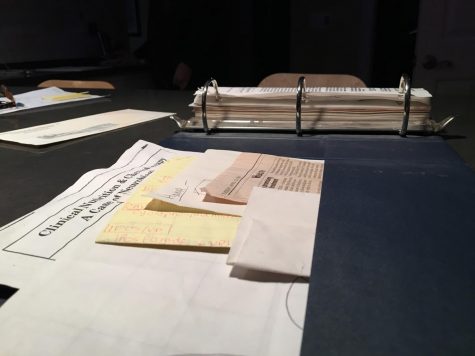
The binder filled with all the documents of procedures and doctors notes collectively put together.
The train’s first stop was Cindy Ranieri’s realization that Zack was changing. One of his pupils was smaller than the other, his veins were very prominent in his neck, and he had developed a cough. When Cindy brought Zack to the pediatrician, they started treating him for a cough, and they attributed the visibility of Zack’s veins to the fairness of his skin. So they continued on with their lives.
Then, everything changed. Cindy said, “All of a sudden one day, I guess it was in the spring of 1994. Out of the blue he would just hold his arm and say ‘ow’ and he would hold his arm like he was in pain, and I didn’t know what that was because he didn’t complain about anything.”
Cindy made another doctor’s appointment in February for 2 p.m.. She had her newly born daughter Amanda with her and Zack, expecting the doctor’s appointment to be brief. The doctor checked out Zack and sent him for X-Rays at Teaneck radiology. Once the X-Rays were done they told Cindy to return back to the doctor’s office. The appointment, which had started at two, was now closing in on 6 p.m.. Once Cindy returned back to the office, the doctor told her to go to the oncology floor at the hospital. Zack had a mass in his neck.
“I had no idea what oncology meant, I didn’t know anyone in the family that had cancer,” Cindy explained years later. “I didn’t know oncology was a doctor, or the study, or the treatment for cancer, I didn’t know anything.”
There was no time to process or react to anything that had just happened. They had started out the day one way, and by sun set their lives were changed completely. At this point with the x-rays the cancer was visible. Visualize an octopus, the head of the octopus is the main piece of the tumor that is indulging in the right side of Zack’s neck. While the tentacles of the octopus are wrapped around Zack’s spine and heart. In Zack’s case, the tumor started to encroach upon the the spinal cord. Once it wrapped around his spinal cord, it would squeeze all the nerves that control his motion.
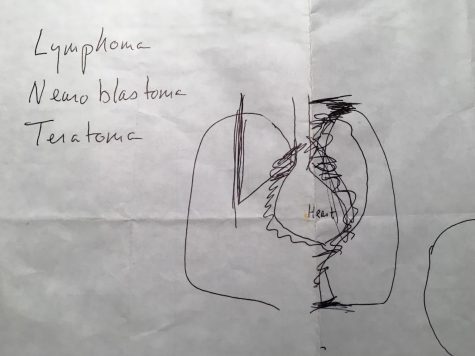
A drawing made by a doctor of the tumor.
The procedure to deal with cancer was vastly different for a child than it would have been for an adult.
Cindy said, “When you’re dealing with children and adults it’s like apples and oranges. It’s like totally different.”
The plan of action was to use high doses of chemotherapy, apply direct radiation on the tumor site, and then potentially conduct surgery, depending on whether or not it was necessary.
Yet prior to all these treatments, Tino Ranieri, Zack’s father, and his wife Cindy decided to do an experimental treatment with taxol or topotecan. They would not be aware of which drug Zack would get. Taxol and topotecan are both commonly used to treat ovarian and other types of cancer. They would infuse the drug into Zack continuously for 24 hours.
The chemo and radiation treatments went on for several months. He would go into the hospital for three to five days being injected with chemicals, and then letting the ionizing radiation penetrate through his skin. He would get to go home for two weeks after the treatment. In the beginning while Zack was home, his hair began falling out. As each and every strand began to fall out, Zack said he remembered his mother (Cindy) collecting the hair and leaving it on the window sill in the kitchen. She left them there for the birds to come and take for their nests. His hair would become home to new life.
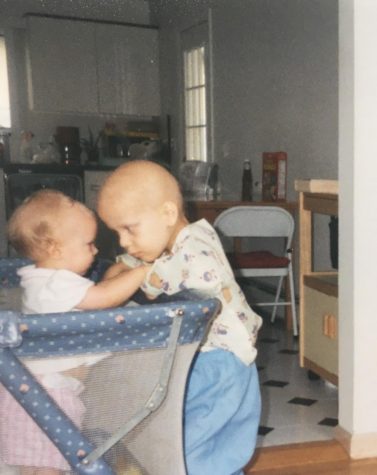
Zack and amanda together home.
Tino said Zack would oftentimes be very sick during the two week time period. His stomach would always be unsettled and he would never be able to keep down any food. By the time his stomach would be settled it would be time to head back to the hospital and start the treatments all over again.
Coming from an Italian family like they did, keeping your children well fed was a priority. He knew his son loved one dish in particular: lobster.
Tino said, “I would go to the fish market. Everybody was envious of him eating the lobsters cause I would bring a whole lobster in. So he could get some energy, we kept him well fed.”
As months and months went by the tumor was thankfully not growing. In fact, it was slowly shrinking. It was time for the next stage of treatment, the anthologist bone transplant. This is when they take one’s own bone marrow and treat it outside one’s body. They purge the bone marrow by putting an agent into the bone marrow that attaches to the cancer cells, then they use a magnetic field to rip the iron particles out that were attached to the cancer. During this whole procedure, Zack was paralyzed on his left side. He had paralyzed vocal cords, and they thought he was never going to walk properly again, because it pressed on all his nerves in his neck and spinal cord. For about two to three months, Zack’s voice was also very raspy.
But with time, he gradually recovered.
Once the radiation was done, the mass in his neck shrunk to the size of a quarter. Initially the mass was three inches by two inches, so this was fantastic progress. The final stage was supposed to be surgery, yet the doctors all agreed that going into his neck to remove the last part would cause too much damage to his motor controls. They would do much more damage than good.
Instead, the final step was an autologous bone marrow transplant. They took chemotherapy and injected it into Zack, killing both the good cells and bad cells in that area, killing everything. It killed his red blood cells, and his white blood cells. The plan was to kill his whole body, all the bad cells, and then rejuvenate him. The way they planned to rejuvenate him is by giving him his freshly treated bone marrow to restart his body and make him replenish new healthy cells.
Zack was placed into a fully isolated room for 30 days. There was no leaving the room; once Zack was in there was no escape. Tino went into that room and polished each and every inch of it till it was completely spotless, prior to Zack’s treatments. Once the treatment started if a person entered the room he or she needed scrub gowns, masks, and gloves on: no infection could enter the room.
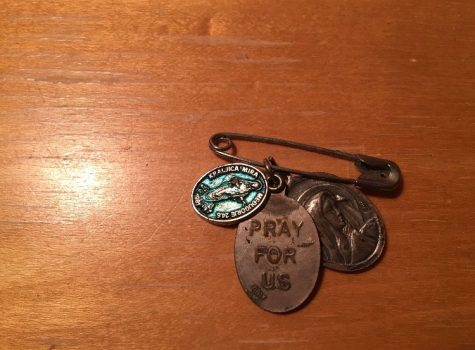
The pin Zack wore throughout his time in the hospital during all his procedure. The pin is still in his room at home to this day.
The everyday routine became physically and mentally draining. He knew that one day he would flip a switch and go back to an ordinary life. But that original life never left him. It was always there, and he thought about it often. What could go differently? What if things don’t go according to plan?
Generally for children patients dealing with Neuroblastoma the chances of surviving a five year term is 1 in 500 patients. Zack had a 15% chance of survival.
Thirty days later when X-Rays were taken, the mass that was inside Zack’s neck was no longer there. It was completely gone. The doctors threw all they had at Zack, and he came out the other side, now a stronger person.
Tino said, “He’s the most courageous one out of us.”
Zack doesn’t remember much of the pain now. Oddly enough, the majority of his memory are positive. The hospital staff seemed to adore Zack. Everytime Zack had gotten past a big milestone, they would get him a toy. In particular, they got him a train set, since he loved trains.
Zack had a long love of trains. He would make his friends and family sit around and watch The Little Engine That Could on repeat. Despite how sick they might have become of the same show, Zack said, “They can’t say no if your kid is in the hospital.”
The hospital staff also got him a big Simba, from The Lion King, full size plush that stayed with him during his entire journey.
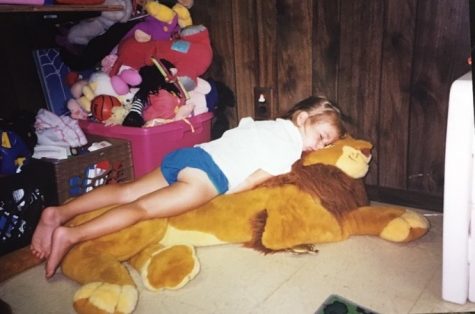
Zacks younger sister Gabby laying on the simba stuffed animal the hospital bought him.
When Zack was in the hospital he was able to connect with people struggling with the same illness that he was. There were several support groups in the hospital that brought together families struggling with children with cancer, and groups of children struggling with it themselves.
While Zack was in the hospital and going to support groups, he met David Kay.
Kay, who also overcame his cancer, explained, “As a group we were kinda all in this together in this weird little club.”
Kay was diagnosed with ALL (Acute Lymphoblastic Leukemia) at the age of three. His primary treatment was chemotherapy but it ranged in different treatments; the treatments lasted three years (from 1994-97).
Kay said, “For me this kinda felt like the routine for my life”.
Zack and Kay’s parents wound up becoming friends throughout the process. Kay and his family grew up in Glen Rock, and they recommended that Zack’s family look into moving there. They took the advice, visited the town, and fell in love.
Zack and Kay went to Glen Rock Middle School and High School together. The two, who saw each other struggle through their lowest, grew stronger together — they became people who, when you look at them today, you would never picture them in a cancer ward clutching a stuffed Simba.
Kay said, “Having a familiar face in one part of your life be present in the other part of your life is a valuable and comforting thing in some ways.”
The journey brought them together, and they’ve been friends ever since. .
“We both kinda had this mutual understanding that we went through this thing that was intense that we both understood,” Kay said.
Now 24 years later Zack is happy and healthy. Ever since the age of three he has never had any relapses with the cancer. Instead of maneuvering his train sets around the hospital he now hops on the train and takes it to work everyday in New York.
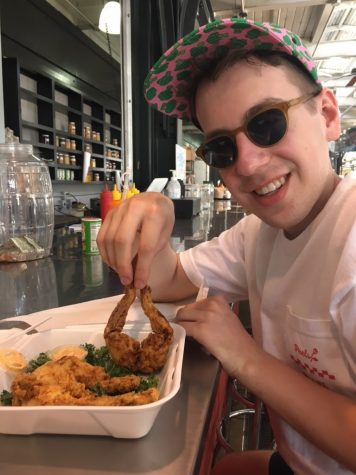
Zack now in present day.
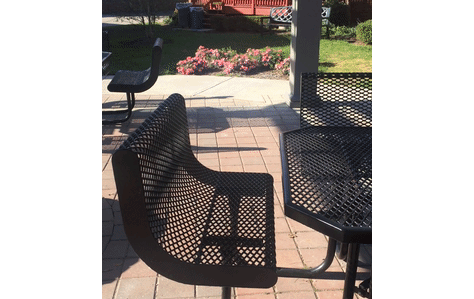
Isabella Ranieri is in 11th grade. She plays soccer and runs track. Her friends include her sister, Sofia Ranieri, who is 12 years old. She enjoys pina...



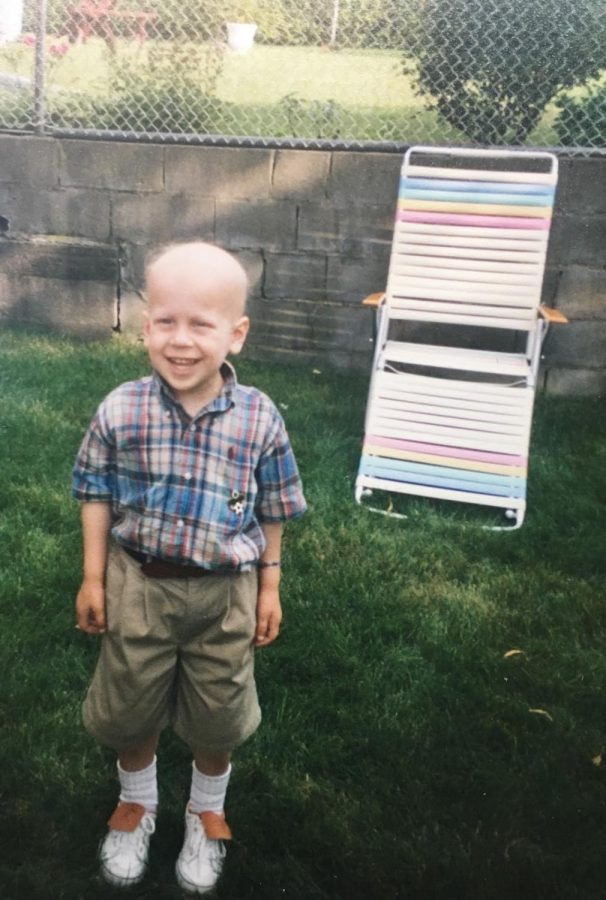

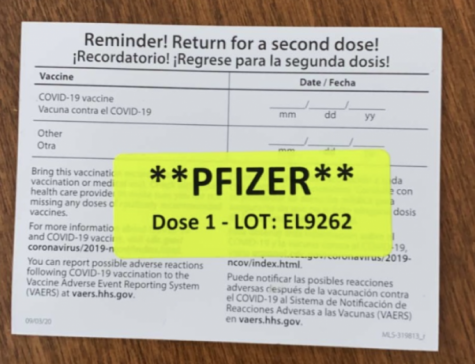
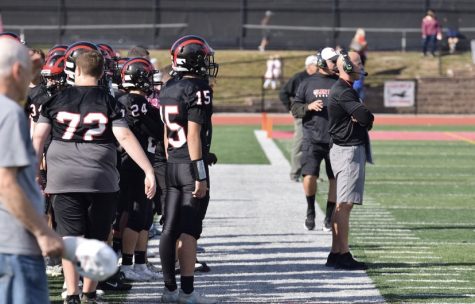
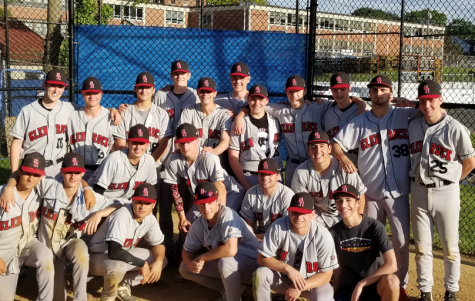

Gina Giannattasio • Jun 13, 2018 at 3:47 pm
What an incredible story beautifully told by my niece Isabella!! God Bless the Raneiri Family and their strength!!
Juliana Vincenti • Jun 13, 2018 at 3:20 pm
What an encouraging story Isabella. I hope this article is sent to the hospital where Zachery received treatment so that other children and parents can be encouraged as well. This could be a children’s book too. So glad to know Zachery and see that miracles can happen. Thank you again for sharing this experience with all of us.